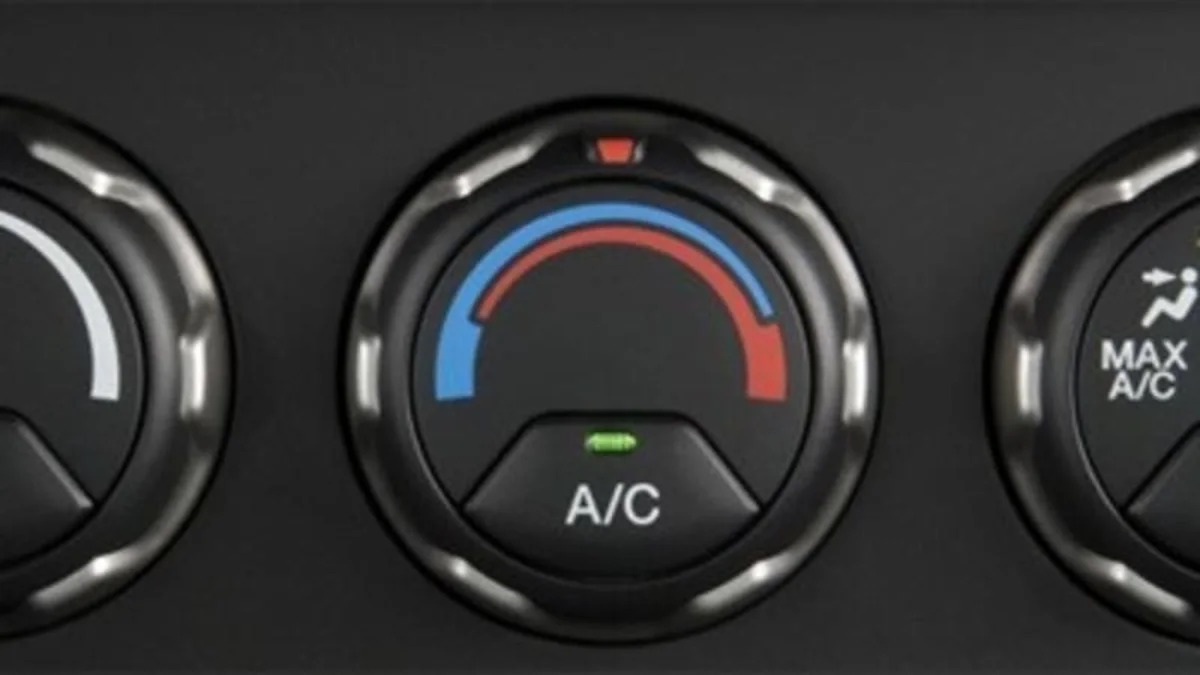Following a directive first created back in 2006, the European Union has passed down a ruling that would force European automakers to find a new refrigerant to use in their vehicle's air conditioners. There's some debate as to the timing of this mandate, as it's no secret that most automakers are in a fight to just remain in business.
Regardless, the EU's latest ruling will ban the current R-134a coolant starting in 2011 for both new vehicles and aftermarket solutions. At present, there isn't a commercially available alternative that's ready to use in our current A/C systems, but there are a number of new chemical formulations currently being tested.
One interesting alternative is carbon dioxide, the same greenhouse gas that internal combustion engines emit when burning fuels. If used in car A/C units, the CO2 would need to be stored at extremely high pressures to be effective. Although CO2 does contribute to global warming, conventional hydrofluorocarbons are considerably worse.
[Source: Autocar, Guardian]
Regardless, the EU's latest ruling will ban the current R-134a coolant starting in 2011 for both new vehicles and aftermarket solutions. At present, there isn't a commercially available alternative that's ready to use in our current A/C systems, but there are a number of new chemical formulations currently being tested.
One interesting alternative is carbon dioxide, the same greenhouse gas that internal combustion engines emit when burning fuels. If used in car A/C units, the CO2 would need to be stored at extremely high pressures to be effective. Although CO2 does contribute to global warming, conventional hydrofluorocarbons are considerably worse.
[Source: Autocar, Guardian]


Sign in to post
Please sign in to leave a comment.
Continue